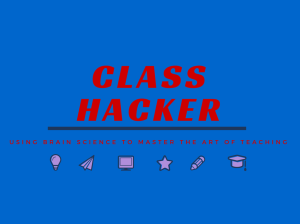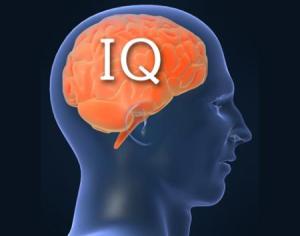Evolutionarily, the better we understand our social environment the better our lives became. Therefore, in students, social interest is no distraction, but it is actually the most important thing they can learn well.[i] A person in pain has fewer cognitive and attentional resources at their disposal, and this is no different when it comes to social pain.[ii] This social pain can lead to a dramatic reduction in test-taking ability.[iii] Teachers that do not allow social interaction are actively contributing to this pain. Disallowing social interaction is like telling someone that hasn’t eaten to turn off his or her desire to eat.[iv] The more that you allow for positive social interaction, the likelihood of social hunger being a distraction will inevitably decline. It becomes a distraction to students because our bodies realize that social interaction is critical to survival.[v]
Get Your Free Project Based Tool Kit Here:
(FOR MORE ON THIS TOPIC CLICK HERE!)
Cornell psychologist Alice Isen has determined that feeling good is associated with improved thinking and decision making. “We have learned that positive affect, beyond its important affect on memory… fosters clear-headed, well-organized, open-minded, flexible problem solving and thinking.” [vi]
How to Reduce IQ
The reverse is also true. Rejection can dramatically reduce a person’s IQ and their ability to reason analytically, while increasing their aggression. “It’s been known for a long time that rejected kids tend to be more violent and aggressive,” says Roy Baumeister of the Case Western Reserve University in Ohio, who led the work. “But we’ve found that randomly assigning students to rejection experiences can lower their IQ scores and make them aggressive.”[vii] Baumeister and team demonstrated their results in the form of two separate procedures. In the first experiment, a group of strangers met, got to know each other and then were separated. Each of the participants were asked to list which two other people they just met would be preferable to work work on a task together. Then they were then told they had been chosen by none or all of the others. In the second experiment, people taking a personality test were given false feedback, telling them they would end up alone in life or surrounded by friends and family.
As expected, aggression scores increased in the rejected groups, but unexpectedly, the IQ scores dropped immediately by about 25 percent. Additionally, their analytical reasoning scores dropped by 30 percent.[viii]
Dr. Baumeister was very impressed with the results.
“These are very big effects – the biggest I’ve got in 25 years of research,” says Baumeister.
“This tells us a lot about human nature. People really seem designed to get along with others, and when you’re excluded, this has significant effects.” Baumeister believes that rejection interferes with a person’s self-control. “To live in society, people have to have an inner mechanism that regulates their behaviour. Rejection defeats the purpose of this, and people become impulsive and self-destructive. You have to use self-control to analyze a problem in an IQ test, for example – and instead, you behave impulsively.”
If socially satisfied people feel better about life and feeling better about life leads to improved thinking, then teachers should actively facilitate the social connection among the students in the class.
An easy way to do this is to incorporate the use of dialogue circles.
[i] Lieberman, M. (2013). Educating the Social Brain. In Social: Why our brains are wired to connect (p. 282-283). Broadway Books [ii] Lieberman, M. (2013). Educating the Social Brain. In Social: Why our brains are wired to connect (p. 270). Broadway Books. [iii] Ibid. [iv] Ibid. p.283 [v] Ibid. p.283 [vi] Isen, A. (2001). An Influence of Positve Affect on Decision Making in Complex Situations: Theoretical Issues With Practical Implications. JOURNAL OF CONSUMER PSYCHOLOGY, 11(2), 75-85. [vii] Young, E. (2002, March 15). Rejection massively reduces IQ. Retrieved April 26, 2015, from http://www.newscientist.com/article/dn2051#.VTzfNWZNq7o


7 thoughts on “Here’s the Best Way to Reduce Your IQ”